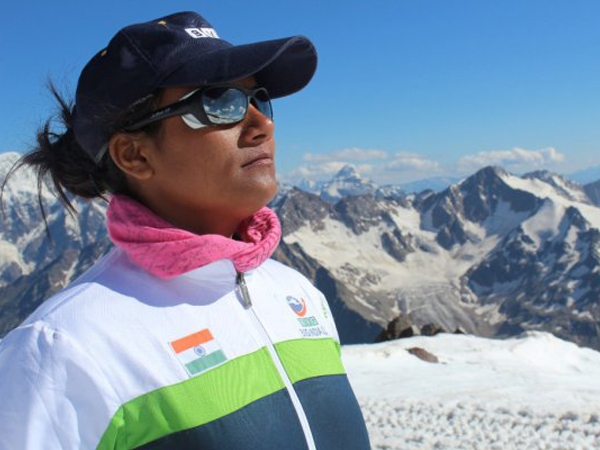Last week, I was on a popular TV panel speaking for the motion that child sexual abusers SHOULD be castrated. Unfortunately, there were only two of us speaking for the motion, and several other, louder, more aggressive representatives who argued that it’s barbaric and unconstitutional and a sort of Talibanisation of justice – that the recent solution by the Madras High Court for curbing skyrocketing sex offenses against children will not help in preventing rape. The show soon degenerated into argumentative rhetoric. A pertinent point I made and that was conveniently edited out, was that the conviction rate for rape cases, as per a report by the National Crime Records Bureau is 27.1% and fast track cases is 16.8%, lower than in the regular criminal courts!
Soon the 16-year-old rapist in the brutal Nirbhaya case is slated to walk free, after spending three years of rehabilitation at a juvenile home. According to media sources, he shows absolutely zilch remorse. ‘There was no regret on his face when I first met him after his arrest in 2012. Nor is there any today. I didn’t have to grill him to make him confess his crime. He told me in detail about his role in the crime. He told me that he convinced Nirbhaya and her friend to board the bus and later about how the crime was committed by all five of them. He also told me that before Nirbhaya boarded the bus, he had tried to convince another girl who was alone, but that failed when she hailed an auto,’ says his counsellor, who adds that he made an effort to find out whether the minor had any history of mental illness, but found no evidence of a psychological disorder. He claims that for the minor, the brutalising was all about proving his masculinity!
Even as we speculate and are divided on the sentence and severity of punishment and the death penalty for a juvenile, the statistics are shockingly real! Rape happens to be the fastest-growing crime among juveniles, 86 per cent of teens arrested for various crimes come from poor families, only six per cent were homeless and less than six per cent were girls, reveal crime data for 10 years. Arrests of juveniles in the age group 16-18 has escalated 60 per cent from 2003 to 2013, the highest among all three juvenile age groups, according to data from the National Crime Records Bureau (NCRB), a division of the home ministry. Juvenile arrests for rape increased 288 per cent over this period as compared to arrests for theft that were up 68 per cent, the data added. Contrary to popular belief that juveniles from broken families commit the most crimes, 81 per cent of teens arrested in 2013, resided with their parents. Half were from poor families.
In 2014, the union cabinet approved amendments to the Juvenile Justice (Care and Protection of Children) Act, 2000 that could have far-reaching effects on how the Indian courts will deal with a juvenile if the individual is accused of committing a heinous crime like rape or murder. According to the provisions of the existing law, a ‘juvenile’ or ‘child’ means “a person who has not completed eighteenth year of age.” The latest cabinet decision is in favour of the proposal empowering the Juvenile Justice Board to determine whether a juvenile above 16 years involved in heinous crimes is to be sent to an observation home or tried in a regular court to face trial like any other adult. According to the Bill, in no case can a juvenile involved in a heinous crime be sentenced to death or life imprisonment either when tried under the provisions of JJ Act or under the provisions of IPC.
But, with a girl being raped every 20 minutes in this country, how are we as a sex ever going to feel safe? What moral sacredness are we clinging on to, when our own legal and police system is severely flawed and the State fails to take a zero tolerance approach to sexual violence? When rapists, as young as 16 are a glaring example of a larger, patriarchal rot in our society, that is habituated to treating women like chattel, sodomising them within marriages, harassing them for dowry, scaring them with gruesome acid attacks, ordering chilling honour killings and destroying the female foetus?
Are we just waiting for another Nirbhaya case in some part of this nation? Has Nirbhaya become just a brand name for our impotence, as a people immune to gruesome sex crimes, like the recent gang rape of a four-year-old infant in New Delhi? Does calling her Chotti Nirbhaya absolve us of our own failure? Is the biological age of the rapist more significant than the scale of his crime? What human rights are we harping on, exactly?
What if Nirbhaya was one of us… a daughter, a friend, a lover, a sister, a wife, a colleague, a niece, a woman?
More On >> Balancing Act



